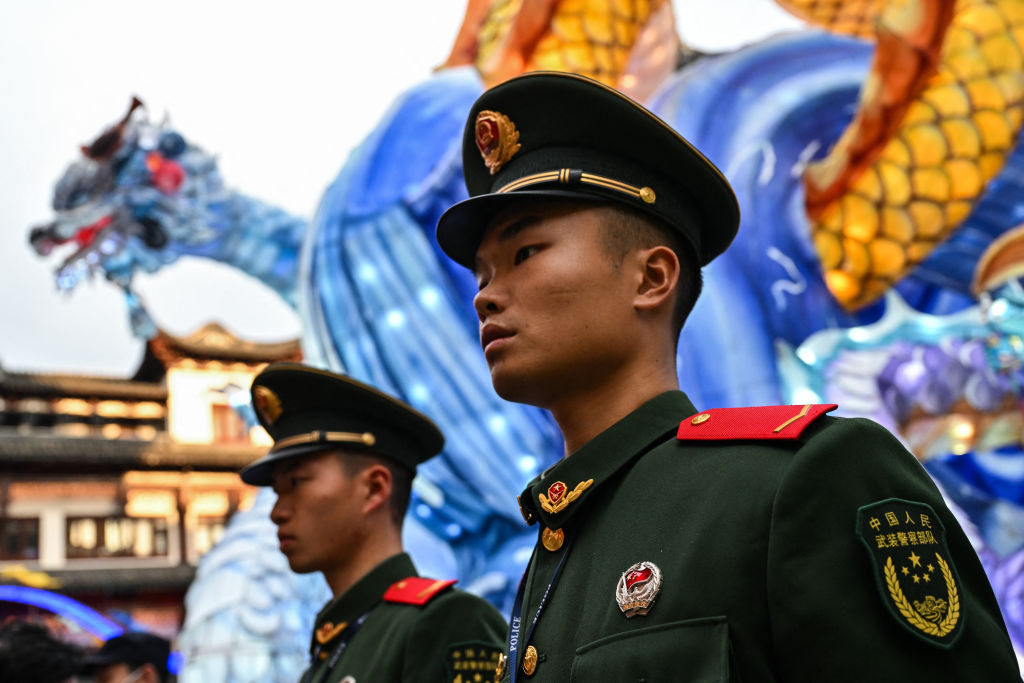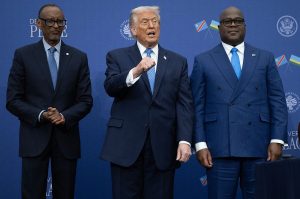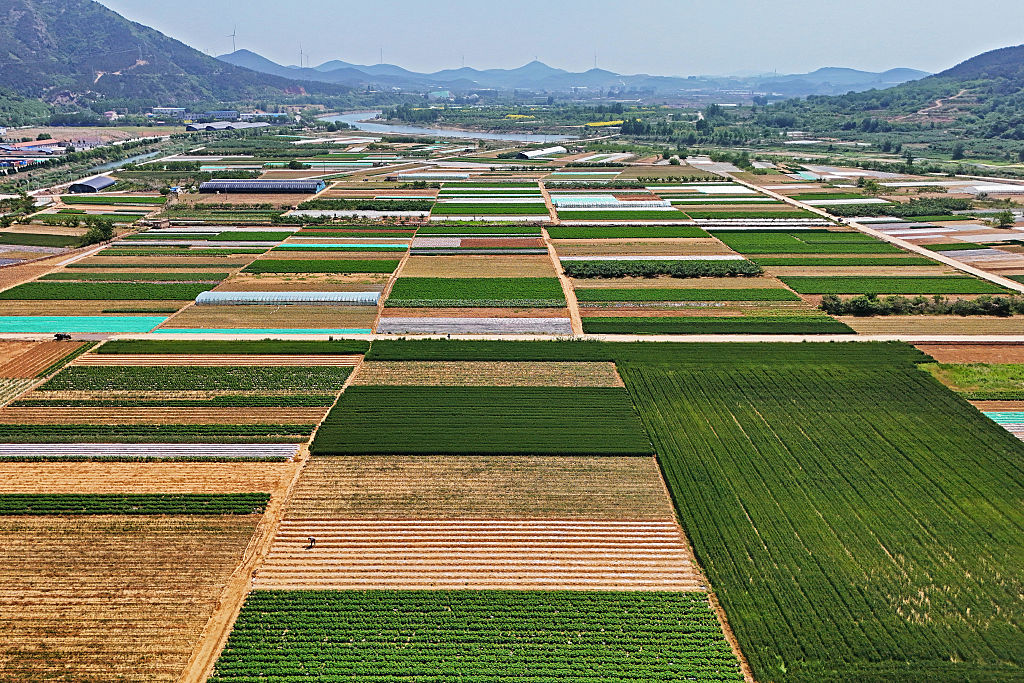So China wants to make the world more “safe, reasonable and efficient” by training thousands of police officers from across the globe to “help them quickly and effectively improve their law enforcement capabilities.” The offer came last week from Wang Xiaohong, China’s minister for public security, at a police forum attended by officials from 122 countries in the eastern city of Lianyungang.
There were few details, but then few are needed. Authoritarian countries will see China’s frequently brutal approach to law and order, coupled with its zero tolerance for dissent, as rather appealing — and many will already have invested in the technical side of China’s surveillance state. However, even the most thuggish admirers of the China model should pause for thought, because as is usually the way with the Chinese Communist Party, self-interest is paramount. The party is deeply concerned about the fate of many of its global investments, which are now going sour, and the ability of some of the biggest recipients of its largesse to protect Chinese assets.
Beijing now seems to have concluded that they are dangerously exposed
At a less well-reported meeting in Beijing late last year, organized by the China-Africa Business Council, officials pushed for the rapid expansion of Chinese private security firms. “Outbound Chinese investors face security challenges and a complex environment,” said an official statement. “A tailor-made approach is needed for international security projects. It must differ depending on the industry or country.” The meeting was attended by China’s leading security firms, many of which are already active overseas — particularly in Africa — but have preferred to operate below the radar.
Officials are concerned about the fate of programs under China’s Belt and Road Initiative, or BRI, which started as a global infrastructure program, but has evolved into an umbrella for just about everything China does overseas to further its influence. Projects have stalled or collapsed under a mountain of unsustainable debt and growing resentment at the outsize role of Chinese firms and labour. In Pakistan, for instance, Gwadar Port, built by China as key part of a $62 billion China-Pakistan economic corridor has been under virtual siege by Baloch separatists, who have targeted Chinese engineers. Chinese-owned mines in the Democratic Republic of Congo have also been targeted.
A BRI working group recently highlighted the need to “hammer out the safety protection in a detailed way,” according to the state-owned Xinhua news agency. “Guidelines are needed for corporations on containing risks.”
The image of brave Chinese soldiers and mercenaries riding to the rescue of their besieged compatriots in far-flung places has long been prominent in popular Chinese culture. The top-grossing 2017 movie Wolf Warrior 2 was a jingoistic Rambo-like flick about the rescue of African and Chinese citizens from the clutches of white mercenaries in an unnamed African country. Operation Red Sea, another patriotic chest thumper, was inspired by the People’s Liberation Army Navy’s evacuation of Chinese citizens during the 2015 Yemen civil war.
China now has overseas economic investments and assets worth well over $1 trillion by most estimates. It has set up around 47,000 overseas firms across 190 countries or regions, according to the Ministry of Commerce. They are engaged in energy, mining, infrastructure construction and manufacturing and much more and have hired more than 4 million people. Beijing now seems to have concluded that they are dangerously exposed, particularly at a time of growing economic stress and geopolitical tensions and require a local security apparatus to match.
The Solomon Islands provide a template for China. Last year, they signed a deal on police cooperation with Beijing as part of an upgrade of their relations to a “comprehensive strategic partnership.” The Chinese telecoms company Huawei is building a cellular network on the Islands, and a Chinese state company plans to redevelop the port in the capital, Honiara. The deal covers drone training, cybersecurity and the provision of vehicles and equipment and the government claimed it would plug security gaps exposed by anti-government protests, which destroyed a large part of the capital’s Chinatown district.
China had less success with Thailand, where the government scrapped plans for joint patrols with Chinese police in popular tourist spots following criticism that it compromised Thai national sovereignty, and a rebuke from the country’s police chief. There was also anger on social media. “Thailand will become a complete surveillance state,” was one typical response, though among other autocrats more welcoming of Chinese, that seems to be precisely the point.
This article was originally published on The Spectator’s UK website.


























Leave a Reply